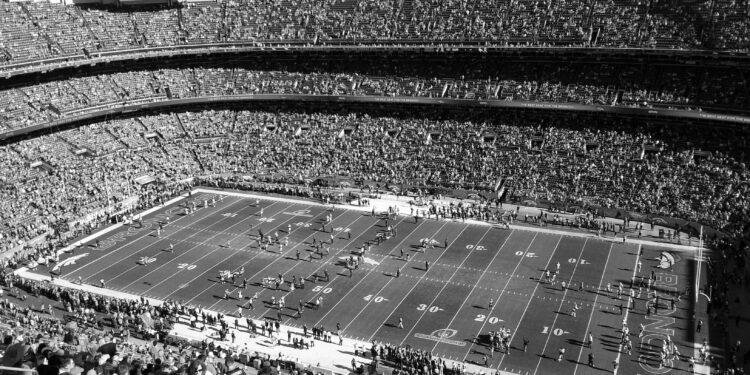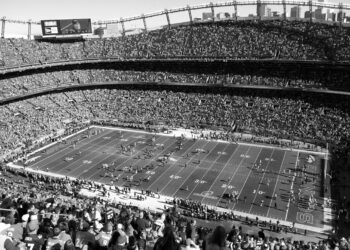When the Denver Broncos announced a $100 million renovation to Empower Field in 2023, they did something rare in American pro sports: they didn’t ask taxpayers to help pay for it. Now, the new owners of the Washington Commanders are pledging the same approach for a future stadium—citing Denver’s model as proof that teams can, and should, pay their own way.
This shift marks a quiet break from decades of precedent, where local governments have issued billions in bonds and diverted tax revenues to finance new sports venues. It also reflects a new political reality: after years of skeptical research and mounting public pushback, subsidizing billionaires is no longer a safe vote.
According to Smart Cities Dive reporter Vicky Uhland, the Commanders’ current home in Maryland involved nearly $300 million in taxpayer investment. Their owners now say they’re not looking for “a lot of public money” and have held talks with the District of Columbia and Virginia about private-financing options.
The Broncos’ approach—using capital reserves and an ownership cash call—offers a concrete template. It suggests that franchises with loyal fan bases and media rights can fund upgrades or new construction without public subsidies. That should be welcome news to cities still paying off debt for stadiums built decades ago.
For local leaders, the lesson is simple: if the Broncos and Commanders can finance their own facilities, other teams can too. No city needs to give away tax dollars to host a sports team.









